The science
-
 Scientific ActivitiesPRMU Priority Research AreasScientific Activities
Scientific ActivitiesPRMU Priority Research AreasScientific Activities- Normal and pathological brain (multidisciplinary issue)
- Fundamental research of damage to the peripheral nervous system
- Experimental surgery
- Fundamental and applied oncology
- Fundamental aspects of reducing child morbidity and mortality
- Diabetes mellitus
- Fundamental and applied issues of diagnostics, prevention and treatment of cardiovascular diseases
- Combustiology
- Hepatitides in children
- Phthisis: diagnostic tests, therapies, prevention and aftercare
- Undifferentiated connective tissue dysplasia
- Methodological approach to oral and maxillofacial pathology in personalized medicine
- Patients who receive hemodialysis (multidisciplinary issue)
- Human biochemical polymorphism: the basis of personalized medicine
- Immunological and microbiological mechanisms of diseases and malconditions
- Overcoming microbial resistance including infections related to the delivery of medical care
- Sepsis and other life-threatening conditions
- Physiology and biochemistry of terminal states
- Physical factors: mechanisms of effect on human organism; medical applications
- Development of new drugs, new forms of drugs. Optimization of medicinal assistance for the population (multidisciplinary issue)
- Digital medicine
- Biomechanical assessment of human movements
- The quality of medical care: criteria, audit, and ways to improve it at the level of healthcare facilities
- Human health as a social psychological issue
- Medical education in a modern society
- Medicine of ageing
- Modern educational environment as a risk factor for health disorders in children and adolescents
- Scientific and methodological approaches to assessing human environment as a risk factor for health disorders within the population
- Fundamental issues of reproductive health
PRMU Priority Research Areas
-
 Preparation and Presentation of ThesesDepartment of academic personnel and academic and teaching personnel audit
Preparation and Presentation of ThesesDepartment of academic personnel and academic and teaching personnel auditOn the Thesis Committees activity management
For postgraduate students
- Extract from the minutes of the meeting of the Expert Committee (3 copies)
- Extended Abstract (3 copies)
- Record Card (2 copies)
For University staff
- Extract from the minutes of the meeting of the Expert Committee
- Extended Abstract (2 copies)
- Record Card (2 copies)
- Application addressed to the rector on the approval of the thesis subject
- Copy of the candidate's identity document
- Copy of diploma of higher education and annex thereto
- List of academic papers published by the candidate for a degree (including co-authorship)
Expert Committees
Composition of Expert Committees
- Surgical diseases
- Cardiovascular surgery, diagnostic radiology and radiation therapy
- Internal illnesses
- Pediatrics
- Physiology and pathology of the nervous system, psychiatry, medical rehabilitation
- Biomedical sciences
- Immunology, infectious pathology and epidemiology
- Socio-hygienic, environmental and economic aspects of health protection and promotion
- Dentistry
- Pharmacy
- Traumatology, orthopedics and neurosurgery
Local Ethics Committee
• Order of the rector of PRMU On approval of internal policies and procedures governing the activities of LEC
• Regulation On the Local Ethics Committee
• LECRules and Procedures
• Order No. 22Аhd of January 28, 2021 On amendments
• Order No. 145аhd of April 27, 2020 On LEC
• Standard operating procedures governing the activities of LEC
• Accreditation Certificate for the right to conduct clinical trials of biomedical cell products
• Accreditation Certificate for the right to conduct clinical trials of medicinal products for human use
• List of medical facilities conducting clinical trials of medical devices
Department of academic personnel and academic and teaching personnel audit
-
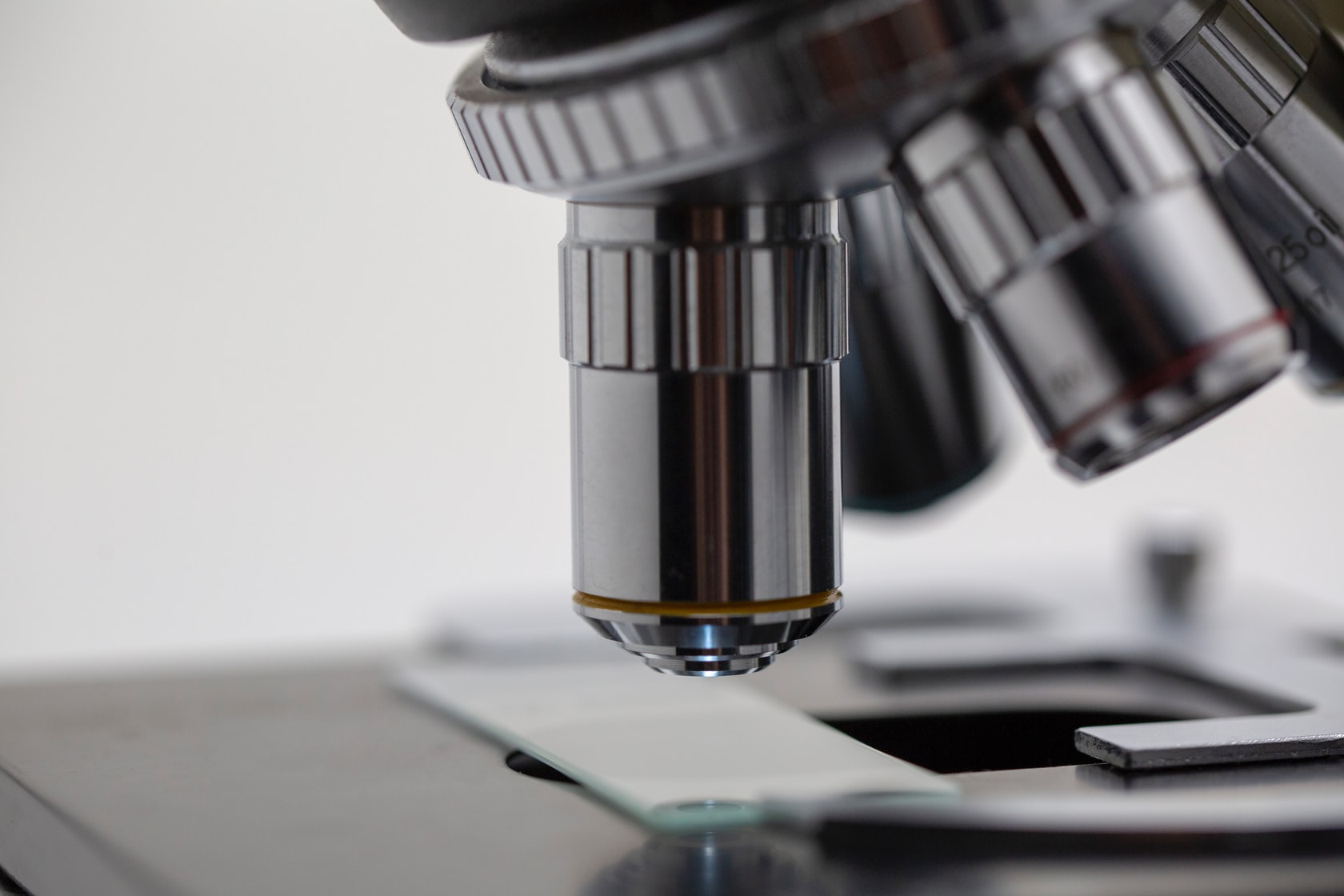 Pre-Clinical and Clinical StudiesFSBEI HE PRMU MOH Russia leadsClinical trials of medicinal products and the testing of medical devices
Pre-Clinical and Clinical StudiesFSBEI HE PRMU MOH Russia leadsClinical trials of medicinal products and the testing of medical devices- Verification of safety of medicinal products involving healthy volunteers and (or) their tolerance in healthy volunteers
- Selection of optimal dosages of medicinal products and a course of treatment for patients with a specific disease, optimal doses and protocols of vaccination with immunobiological medicinal products for healthy volunteers
- Verification of safety of a medicinal product and its efficacy for patients with a certain disease, and prophylactic efficacy of immunobiological medicinal products for healthy volunteers; exploring the possibility of expanding indications for human use and identifying previously known side effects of registered medicinal products
Documentation and links
- Accreditation Certificate for the right to conduct clinical trials of medicinal products for human use
- Accreditation Certificate for the right to conduct clinical trials of biomedical cell products
- List of medical facilities conducting clinical trials of medical devices
- Local Ethics Committee
Contacts
Fedorova Daria Sergeevna
Coordinator
+7 (831) 422-13-79
Blagonravova Anna Sergeevna
Vice Rector for Research
+7 (831)422-13-79
Centre for Pre-Clinical Studies (CPS)
-
Sovremennye tehnologii v medicine
-
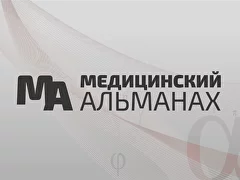
Articles on all aspects of clinical medicine with original research findings
-
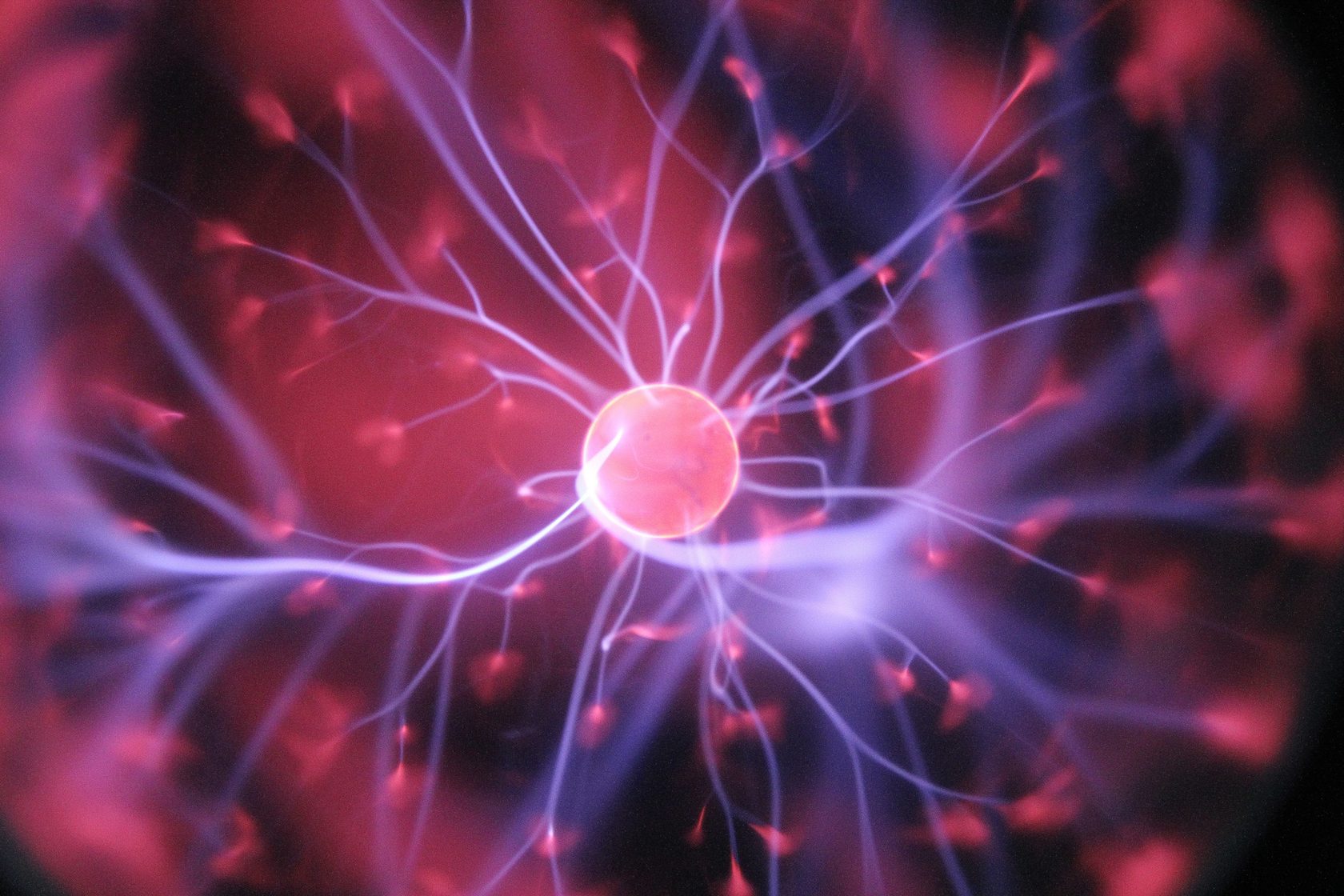 Institute of Clinical Psychology
Institute of Clinical PsychologyThe Institute is a University subdivision, which, on a functional basis, will combine educational, scientific and advisory activities of employees of various subfaculties and departments.
+7(831) 422-13-14, 422-13-95
Studying forPRMU Master's Degree Program in Clinical Psychology
First, studying for PRMU Master's Degree Program in Clinical Psychology implies implementing a practice-oriented approach. Modern theoretical knowledge should become reliable support for our students to apply in their work. At the same time, getting experience in providing psychological assistance to various categories of citizens is an equally important part of training. Practical knowledge and skills when studying for a Master's Degree Program are developed through cooperation with the leading practical training facilities both in Nizhny Novgorod and the region and beyond.
- Future masters are now completing their practical training at the Psychological Assistance Hotline #MYVMESTE @dobroinrussia
- From March 2020 through the present, the activities of volunteer psychologists within the #MyVmeste all-Russian campaign have been coordinated by @inna.silenok
- The Institute of Clinical Psychology expresses its deep gratitude to Inna Kazimirovna Silenok for an opportunity to lead master’s degree students’ practice via the #MyVmeste hotline.
- Inna Kazimirovna is an incredibly open and friendly person. She welcomed our request, undertook to prepare master students to work at the hotline, and has been supporting them throughout their studies.
- Practice via the hotline is an invaluable experience for future specialists working with people who need psychological help most.
- Eight directions are currently available over the MyVmeste hotline. Every day, operators receive tens of thousands of applications for help to the elderly, the persons with reduced mobility, medical workers, employees of non-governmental social institutions and other people in need, give information support to citizens in response to the spread of COVID-19, and provide psychological support.
- More than 400 volunteer psychologists work 24 hours a day 7 days a week assisting all those who apply to cope with panic attacks and other crisis states.
- The work is being carried out throughout the entire territory of the Russian Federation.
Master’s Degree Program
-
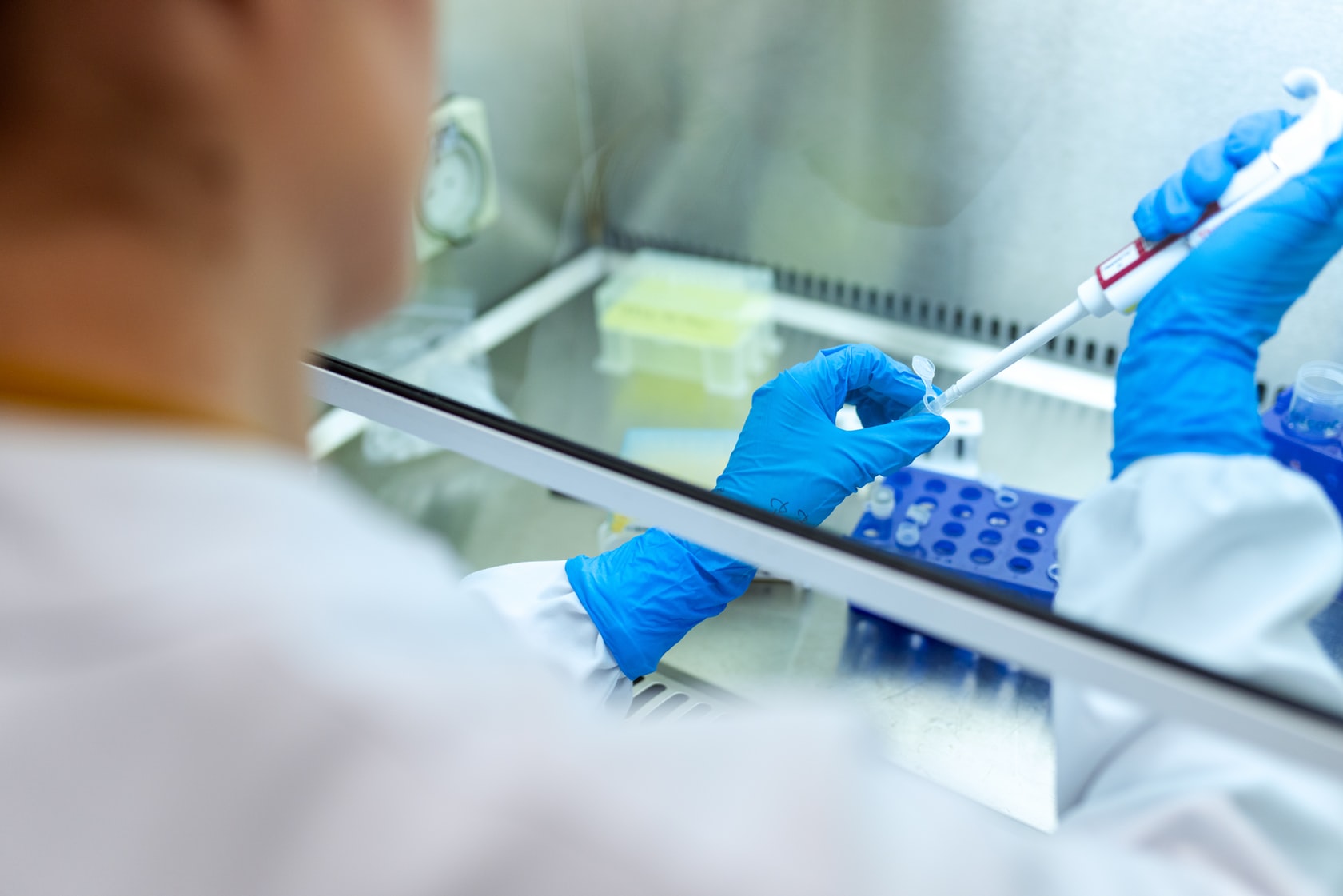 Institute of Experimental Oncology and Biomedical TechnologiesProjects winners of competitions for grants of the Government of the Russian Federation
Institute of Experimental Oncology and Biomedical TechnologiesProjects winners of competitions for grants of the Government of the Russian FederationLaboratory of genomics of adaptive antitumor immunity
- Project winner of the competition for grants of the Government of the Russian Federation for 2017/2019
Optical Coherence Tomography Laboratory
- Project winner of the competition for grants of the Government of the Russian Federation for 2013/2017
Fluorescent Bioimaging Laboratory
- Project winner of the competition for grants of the Government of the Russian Federation for 2010/2014
Research Laboratories
- Laboratory of high-resolution microscopy and gene technology
- Regenerative Medicine Laboratory
- Fluorescent Bioimaging Laboratory
- Vivarium
International and domestic cooperation
- Imperial College London (Great Britain)
- JenLab (Germany)
- Becker & Hickl GmbH (Germany)
- University College Cork (Ireland)
- Gunma University (Japan)
- University of Pennsylvania (USA)
- University of Virginia (USA)
- University of Toronto (Canada)
- University of Western Australia (Australia)
- Institute of Applied Physics, Russian Academy of Sciences (IAP RAS) (Nizhny Novgorod, Russia)
- Razuvaev Institute of Organometallic Chemistry (IOMC) (Nizhny Novgorod, Russia)
- N.N. Semenov Institute of Chemical Physics, RAS (Moscow, Russia)
- Shemyakin-Ovchinnikov Institute of Bioorganic Chemistry, RAS (IBCh RAS) (Moscow, Russia)
- Volga District Medical Center of the Federal Medical Biological Agency of Russia (Nizhny Novgorod, Russia)
- I.M. Sechenov First Moscow State Medical University (Sechenov University) (Moscow, Russia)
- Pirogov Russian National Research Medical University (Moscow, Russia)
- Saint Petersburg State University (Saint Petersburg, Russia)
- State Budgetary Healthcare Institution of the Nizhny Novgorod Region “Nizhny Novgorod Regional Clinical Oncological Dispensary” (Nizhny Novgorod, Russia)
- Evrogen Joint Stock Company (Moscow, Russia)
- FSBI NMITs Oncology named after N.N. Blokhin of the Ministry of Health of Russia (Moscow, Russia)
- National Medical Research Radiological Centre of the Ministry of Health of the Russian Federation (NMRRC) (Moscow, Russia)
- National Research Lobachevsky State University of Nizhny Novgorod (Nizhny Novgorod, Russia)
- Saratov Chernyshevsky State University
- ITMO University (Saint Petersburg, Russia)
- Research Institute of Human Morphology (Moscow, Russia)
Grants and contracts
Priority tasks
- Develop methods for individual therapy of cancer related diseases
- Implement regenerative medicine methods
- Use molecular technologies in predictive individual therapy of tumors
- Assess the potential for using optical techniques to study the optical structure of normal and pathological biological tissues
- Develop fluorescent optical bioimaging technologies at the level of the whole organism
- Implement a set of works to introduce new methods of treatment into clinical practice, alongside with the development of their application technology
- Foster research collaboration with leading Russian and international research and clinical institutions
- Provide a background for attracting extra-budgetary funds for research projects; participate in programs, grant contests and international projects
- Research and teaching activities
- Protection of intellectual property of the research effort of the Institute
Contacts
1, Meditsinskaya Str, Nizhny Novgorod
Tel.: +7 (831) 465-56-72
Email: niibmt@PRMUnn.ru
PRMU Research Institute of Experimental Oncology and Biomedical Technologies
-
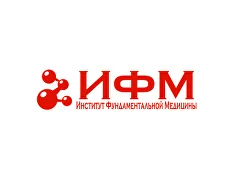 Institute of Fundamental MedicineExperimental Biological Clinic includes two vivaria: Vivarium of the Central Research Laboratory and Vivarium of the University Hospital
Institute of Fundamental MedicineExperimental Biological Clinic includes two vivaria: Vivarium of the Central Research Laboratory and Vivarium of the University HospitalVivarium of the Central Research Laboratory of FSBEI HE PRMU
The vivarium was created as part of the Central Scientific Research Laboratory in 1975 to be completely renovated in 2015.
The vivarium has been certified by the State Veterinary Service of the Nizhny Novgorod Region.
Purpose of the Vivarium of the Central Research Laboratory
1. Keeping conventional animals, cleanliness code 2 (MD), in barrier-type rooms (rats, mice, rabbits, and guinea pigs).
2. The breeding and maintenance of SPF level animals.
The total area of the vivarium is 500 sq. m
It has been designed for 3 000 mice and rats, 60 rabbits and guinea pigs.
Fundamental and applied biomedical and pharmacological research is carried out at the vivaria, alongside with the development and implementation of approaches to surgical, pharmacological and environmental modelling of pathological conditions in humans, the testing of new drugs in compliance with GLP rules, and medical devices.
Fundamental Directions
- Behavioural and genetic phenotyping of research animals
- Research into the molecular mechanisms of etiology and pathogenesis of socially significant human diseases
- Research into the mechanisms of stress related conditions based on experimental modeling of hypoxia, ischemia, neurodegenerative diseases, epilepsy, schizophrenia, cardiovascular diseases, etc.
- Processing requests
- Ensuring academic process
Vivarium activities area is managed according to the principle of clean rooms.
The vivarium is divided into two zones – the ‘clean’ and ‘dirty’ ones – and includes:
- a ‘clean’ corridor
- sanitary inspection room
- quarantine sections
- sections for keeping and breeding animals
- disinfection and washing department
- section for storing animal foodstuffs
- premises for clinical, biological and preclinical research, and surgical operations on laboratory animals
Each section is equipped with stainless steel racks and animal cages that meet the requirements of GLP, and IVS-systems for keeping SPF mice.
A supply and exhaust ventilation unit equipped with automatic temperature and humidity control provides the premises withair supply and exhaust.
There is a 12-hour automatic day-night light pattern with red lighting installed at night.
All the materials (cages, water bowls, bedding material, etc.) enter animal housing sections through the pass boxes from the disinfection and washing section only after being cleaned, washed and sterilized.
PRMU Institute of Fundamental Medicine
-
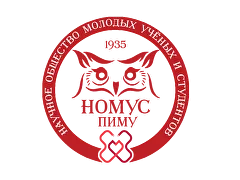
Scientific Society for Young Scientists and Students
-
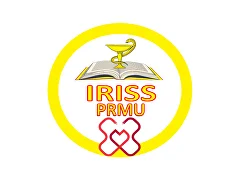
International Research Institution of Students and Scientists
Subscribe to our social networks
- :
PIMU
just now
Latest University news
Stay up to date with all the news.
